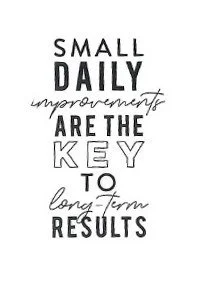Communication
“Communication works for those who work at it. ”
The purpose of communication is to ‘understand.’
Communication is NOT:
Justifying
Proving what is right or wrong/good or bad
Explaining Intentions
Effective Communication includes:
Using words like I, me and my to communicate your message.
Asking open-ended questions when there is a difference of opinion.
Active listening.
Creating a space that is safe to express thoughts and feelings.
Blocks to Active Listening
Inadequate Listening – being distracted from what is being expressed (focusing on your thoughts or personal needs). Thinking about your own problems or being too eager to help the other person.
Judging is when you have stopped listening to the other person because you have already judged, placed labels, made assumptions about, or stereotyped the other person.
Filtering is when you listen to certain parts of the conversation, but not all.
Rehearsing is when you are busy thinking about what you are going to say next and never completely hear what the other person is telling you.
Daydreaming is when you allow your attention to wander somewhere else.
Distractions occur when your attention is sidetracked by something internal to you (hunger, headache, worry) or external to you (traffic, whispering, other people).
Ways to Effectively Listen
Paraphrasing is restating, in your own words, what you think the other person just said. Phrases such as ‘In other words…’ or ‘What I am hearing you say is…’.
Reflection of Feelings is restating what the person has said to you (like paraphrasing) but this skill includes restating what you think the speaker is feeling.
Clarification is telling the other person what you thought you heard, learning whether you were accurate, and then asking questions to clarify.
Open-Ended Questions encourage people to answer questions in greater detail. (Closed ended questions are the least effective because they normally only require a yes or no response).
Do you have challenges with communication?
What challenges do you face when communicating with others?
Do you create a safe space for others to express themselves to you?
Do you find it challenging to express yourself to others?
Do you use the word ‘you’ when communicating with others?
Do you actively listen when communicating or do you listen to respond?
Are you busy ‘thinking of self’ when communicating?
What are the ‘blocks’ that prevent you from communicating effectively?
What steps can you take today to improve how you communicate with others?
Let’s start being intentional when communicating.
Let’s take steps to improve communication and interactions with others.
Leutenberg, W & Liptak, J. (2008) The Communication Skills Workbook. Duluth, MN. Whole Person Associates.





